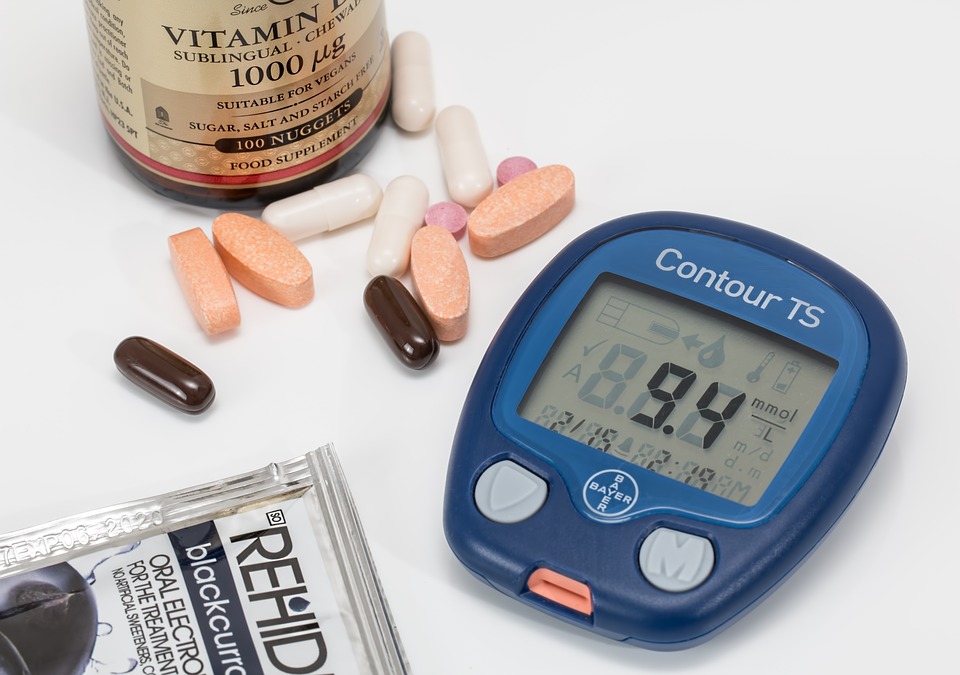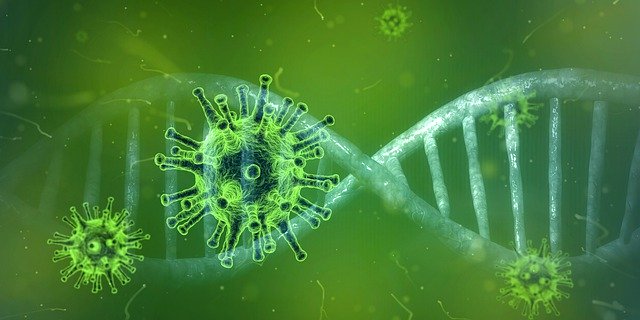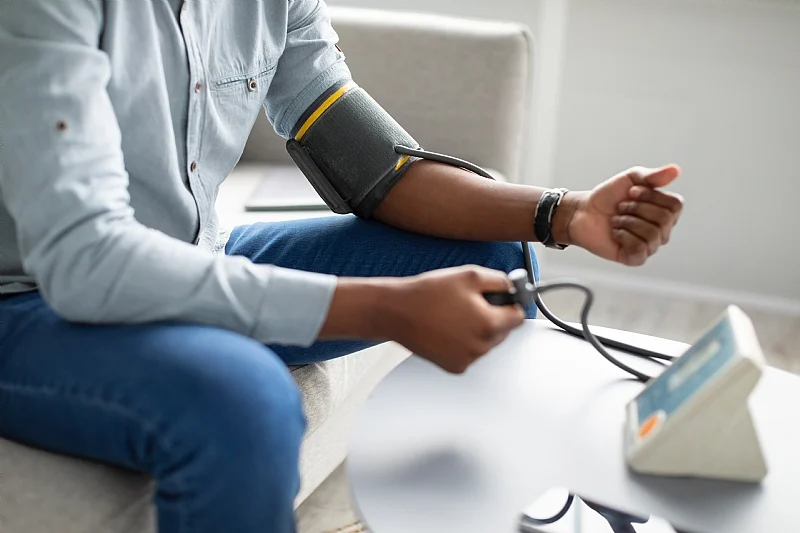What is Hypoglycemia? It means one’s blood sugar is low, usually less than 60 mg/100 ml or 3.3 mmol/l. What happens? You do not feel well and experience signs, such as Sweating, Shivering, Hunger, Stomach pain, Fatigue, Dizziness. Your Family or friends will #Observe that your are -Pale -Sleepy -Unable to speak properly -Feeling weak/hungry -Behaving oddly...





